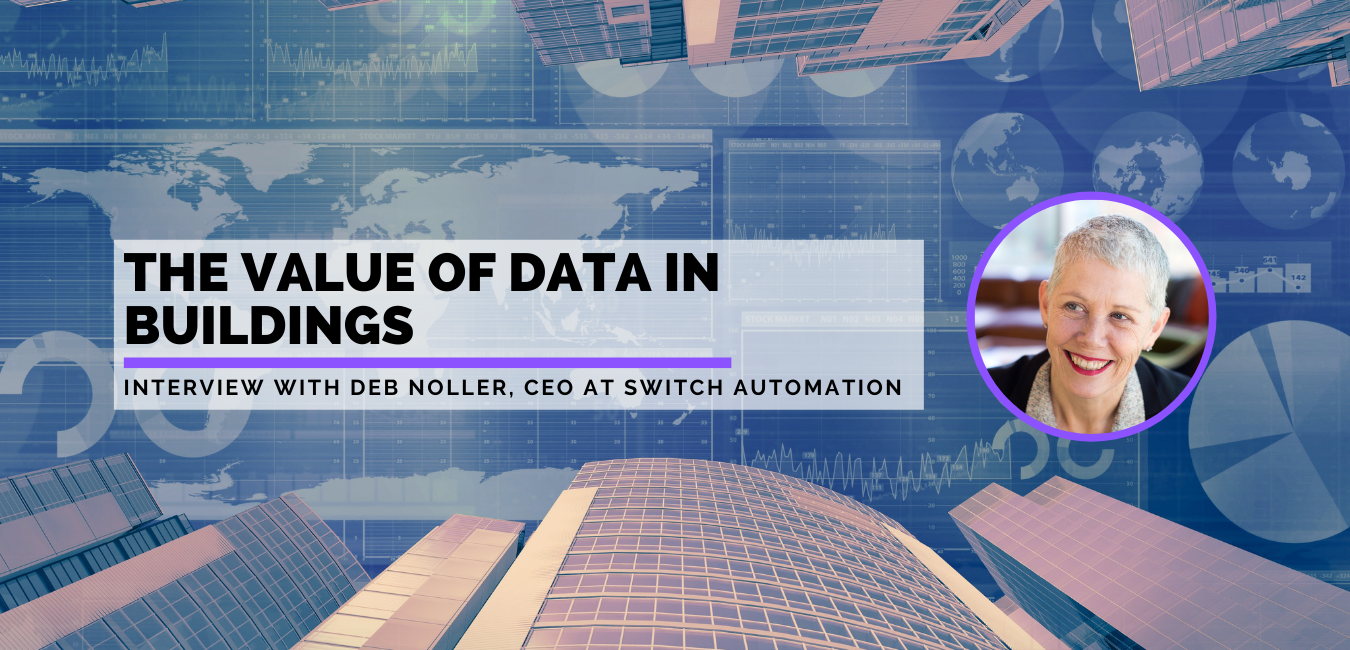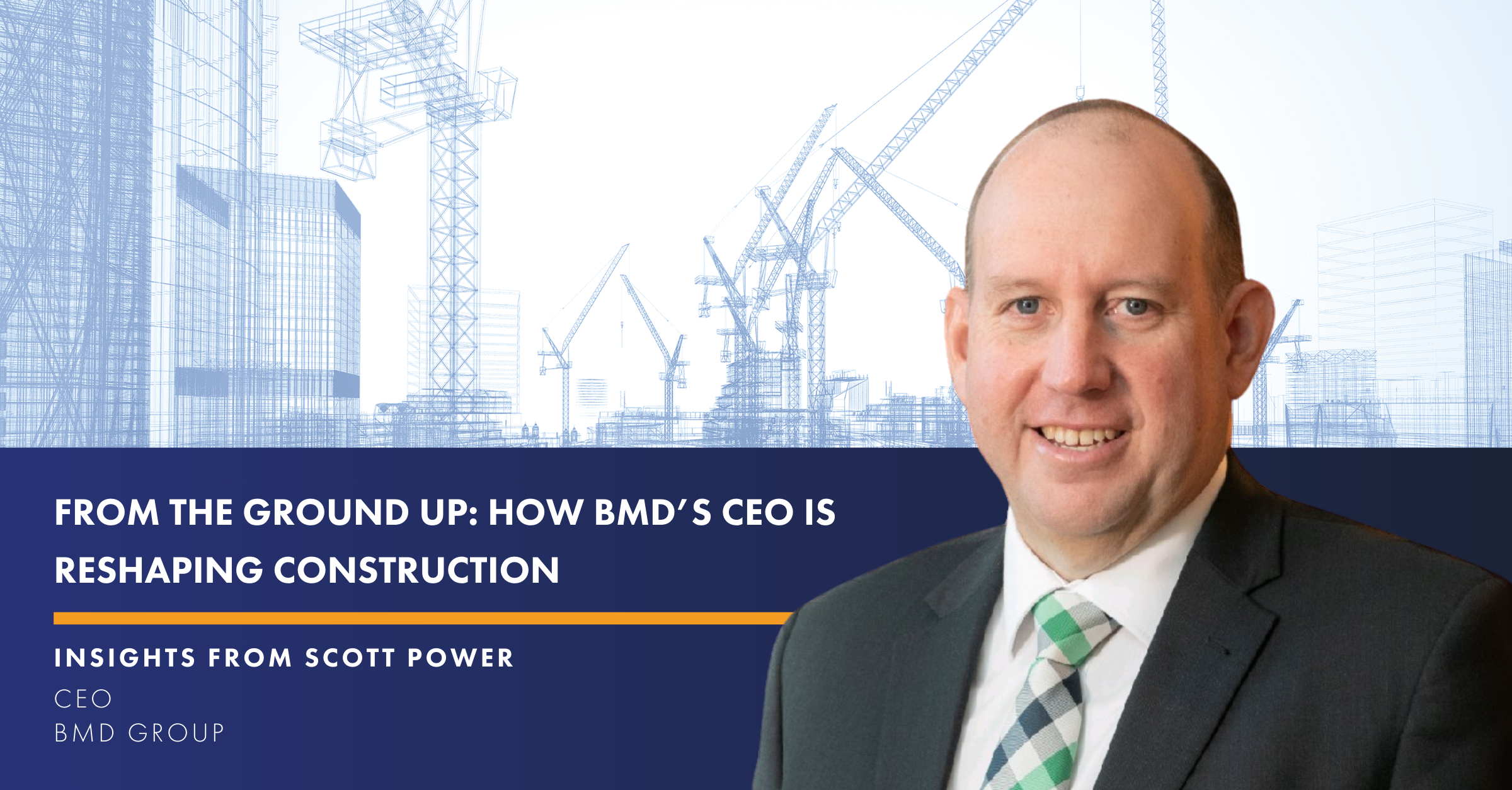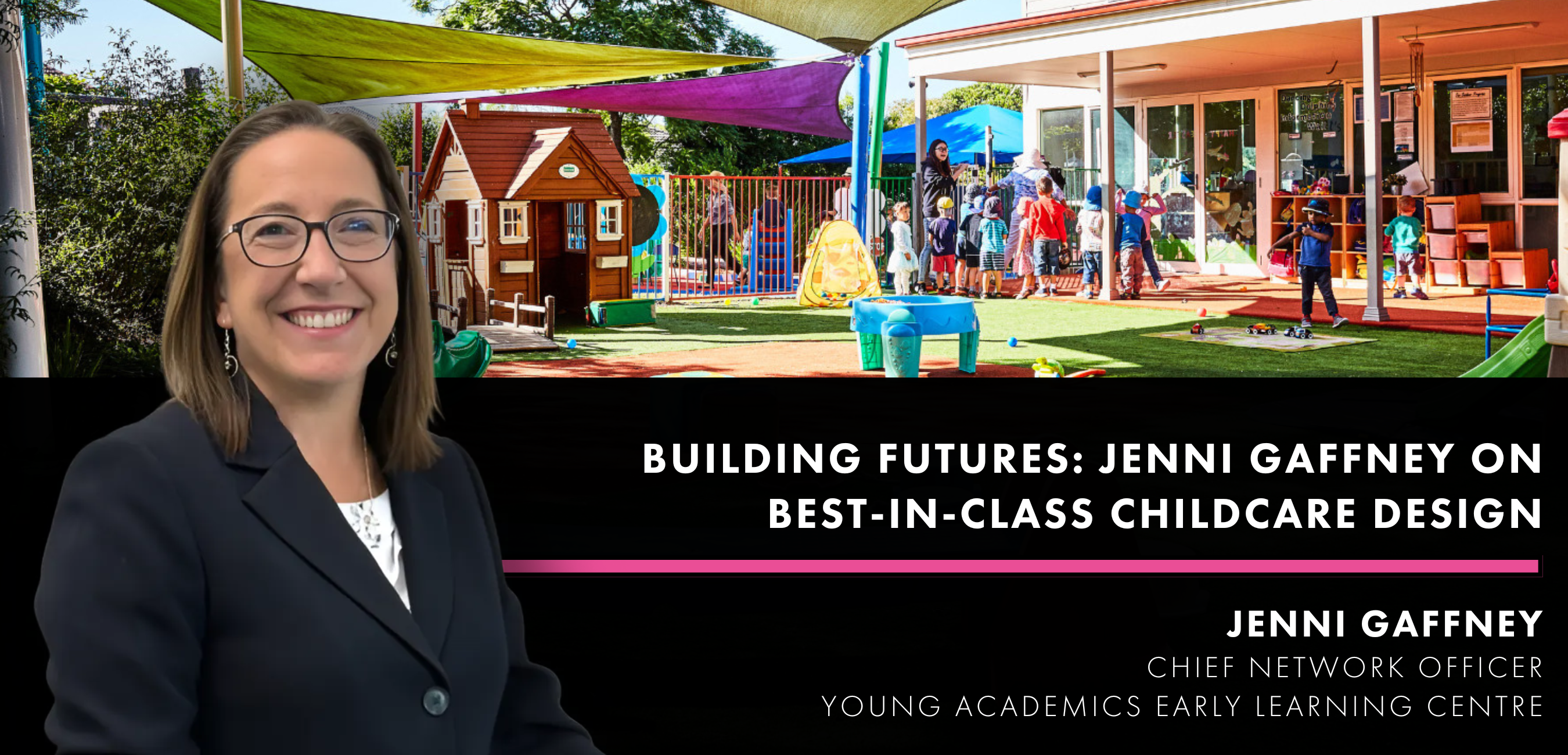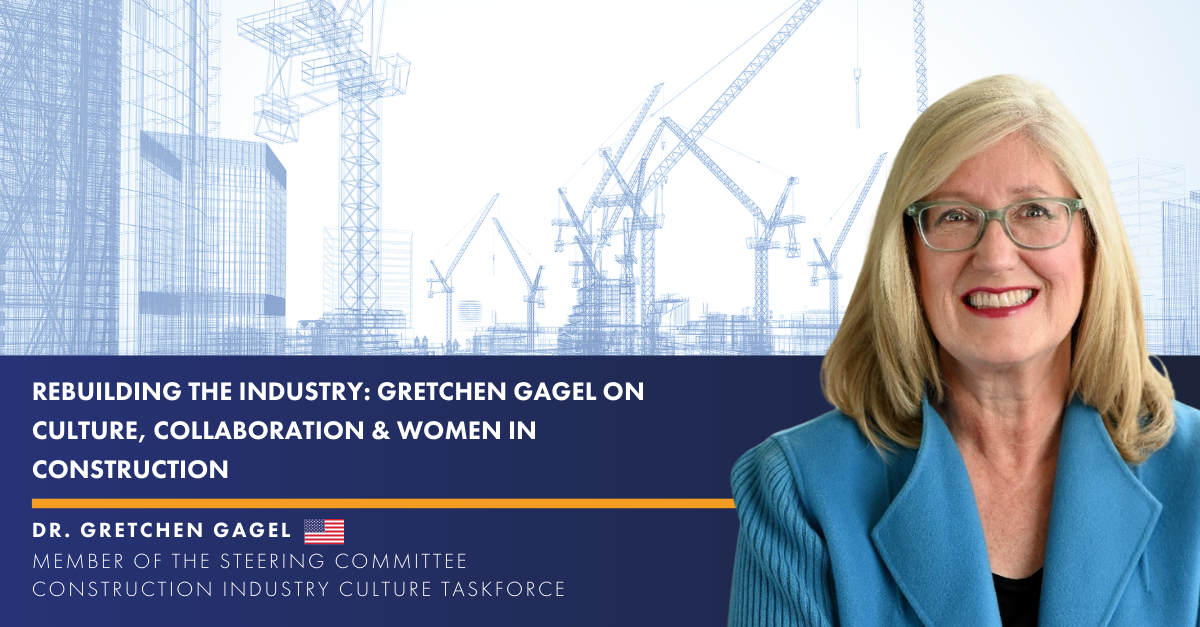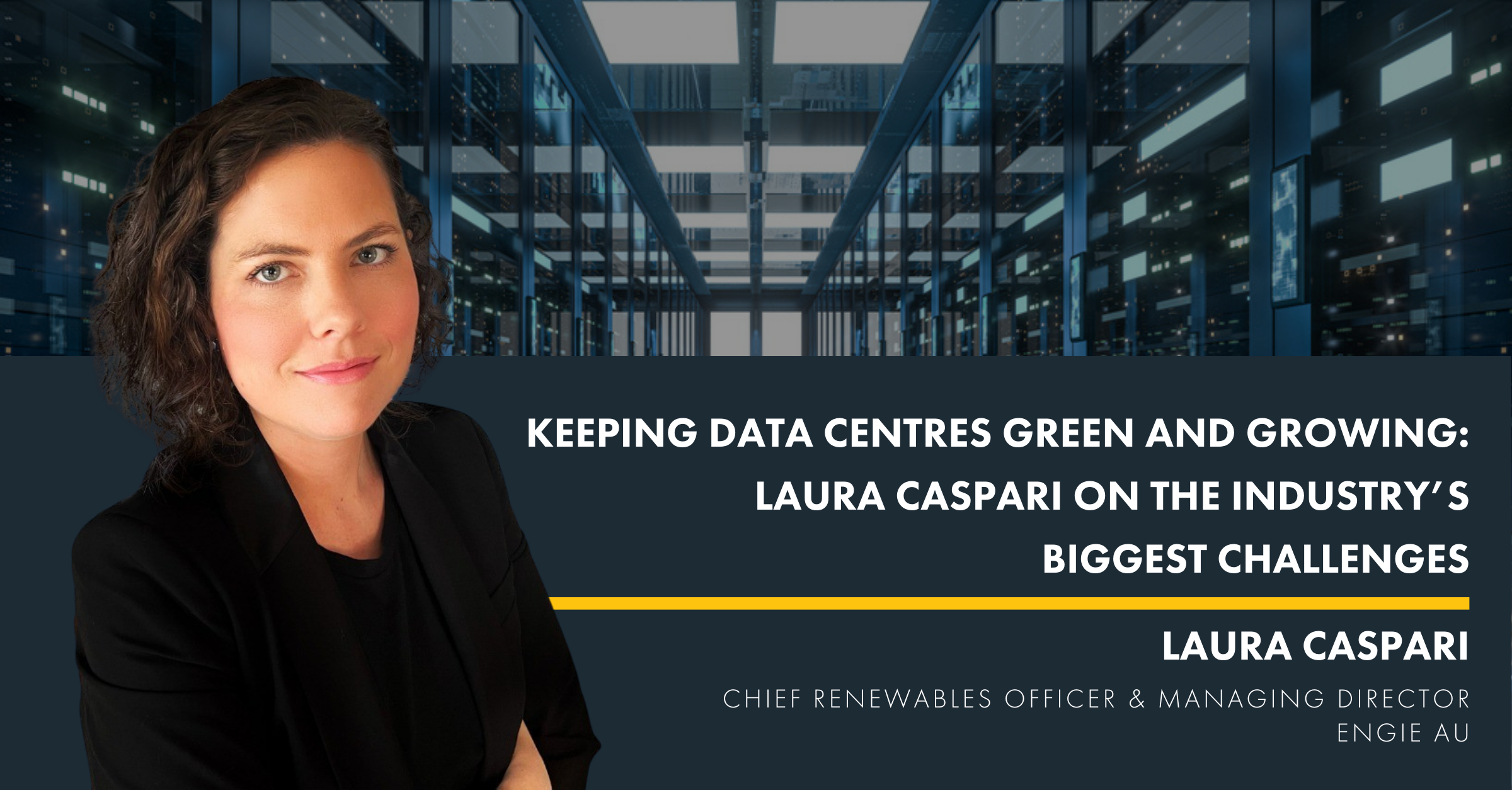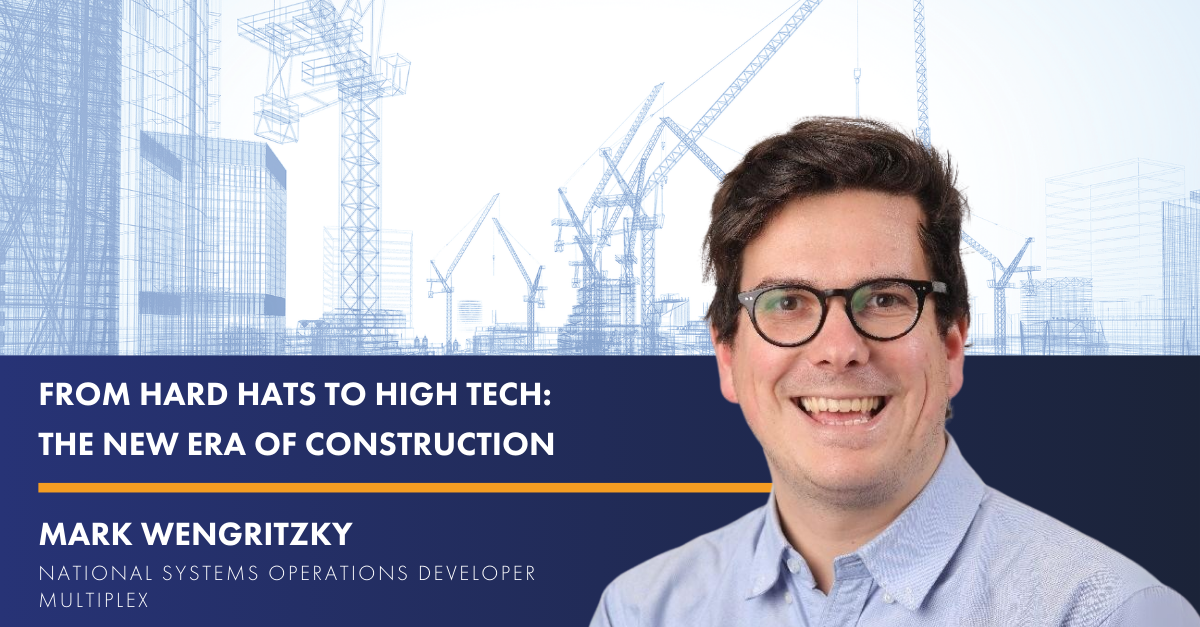The value of data in buildings.
Deb Noller is the Co-founder and CEO at Switch Automation, a global real estate software company that helps property owners and facility managers reduce operating costs, improve energy efficiency, and more. As we venture back into buildings and look forward into making these environments.
FuturePlace: Can you tell us more about your role at Switch Automation?
Deb Noller: I’m the CEO and one of two founders of Switch Automation. Over the last 12 months, we’ve grown from 46 to 67 people and we’ve tripled our recurring revenue. In the beginning, startup CEOs do coding, bookkeeping, marketing, and everything in between. Then you get to hire people with specialties and offload a hat. These days I make sure we have enough capital and that we’re hiring great and motivated people to grow globally.
FP: What opportunity did you recognize that prompted you to start the company?
DN: My cofounder and I both came out of enterprise IT, just before the internet hit its stride. We helped companies track freight, globally as our clients didn’t have real-time visibility into where anything was located. After we won a couple of international clients and through a series of unrelated events, we were introduced to the world of buildings. Buildings were so behind the time and even now the operations landscape resembles 1990, in terms of data. Everybody is running their own spreadsheet or system for their specific role. Nobody treats the operational and building data as a corporate asset. We thought “this has to change!” You can’t tell me that buildings in the future will still be run as disconnected assets with disconnected data and disconnected teams. We believe there is a future where everything is connected, where data is collected and hosted in one place. Where data is harnessed, harmonized, and normalized. Where data is used for the greater good of the company but also shared with service contractors, tenants, and more. That’s what we set out to build.
FP: Do you think more companies are seeing data as a building asset?
DN: It depends where you go. In Singapore, companies have an advanced approach to how they think about data. They know the real estate industry is going to come under pressure and there’s going to be a lot of margin-crushing. They see building data as a way to create new revenue models. In the US, data is a way to save money and cut costs. In the real estate industry, no one has really unpacked all of the inefficiency, the layer upon layer of services that overlap, and duplicate work and cost. Think of the situation if you’re doing an energy management upgrade and you want your building to go from one rating to another. You’d have to collect all of the energy data to profile those buildings and then dig into why some buildings perform better than others. Then you’d have different contractors come in and many of them would start a data ingestion exercise, resulting in an enormous overlap in terms of the collection and the use of data. Then often they walk offsite and take data with them, it doesn’t get reused or repurposed. There’s a lot of service contracts that do data collection over and over. If you collapsed all of those contracts onto one set of common data, you’d end up with a huge amount of efficiency gain across the organization.
FP: Is efficiency the main reason that people come to you?
DN: The competitive landscape, is complex and convoluted. It’s noisy. Most people look at the landscape and get software fatigue. They start looking and go, “there are so many solutions!” and they can’t differentiate between them. What’s the difference between a sustainability solution or a fault detection and analytics solution? Most people that sign up with Switch have a specific project but the reason they’ll select us every single time is they know we can take them on the journey from 2021’s disconnected everything to that smart, connected digital future. That’s the future leader we’re looking for – someone who is smart and knows that the organization is going to benefit enormously from this transition to digital facilities management and operations. And they’re prepared to go out on a limb because they know our team won’t let them fail.
FP: Looking forward, what do you think a healthy building is?
DN: There were healthy buildings before COVID, with ratings like WELL and RESET and more and people were talking about health and well-being. Humans spend 90 percent of their time inside buildings and it behooves us to make sure the health of those environments is good. Right now there is no visibility into the metrics that measure the health, safety and comfort of our offices. COVID shone a very strong spotlight on the fact that it’s an aerosol-spread disease, which means if you don’t have good quality air then you risk getting COVID just by going into a building. I believe this is our 9-11 event; that was a single moment in time that changed air travel forever. You can’t go to an airport now and head directly to the gate without going through several barriers of security. This is what’s going to come out of COVID; there’s going to be a level of transparency that building owners and operators are going to have to provide to give people confidence. Metrics that include how many people are in the building? What’s the density of desks? What are the CO2 levels? People care more now than they used to. Tenants are going to start demanding it. If you’re going to get your people back to the workplace, one of the things that will drive them is providing metrics for their indoor environment. It’s going to become normal for people to understand what a healthy CO2 reading is and what’s not.
FP: Are buildings also using data this data to provide services to their tenants?
DN: Looking forward, wayfinding and space utilization are going to be huge. When COVID hit, it was immediate that people couldn’t go back into buildings. The only way people could hibernate a building was to dispatch technicians. It was impossible to do what needed to be done remotely. So, most people did nothing, and buildings operated as if they were 90 percent occupied, turning on at 5am and off at 5pm. It’s crazy! Remote management is necessary for people so that they can react in real time to events. Companies are trying to encourage their workforce back to the office and will need data to support them. It is going to be difficult to get everybody back, especially if they’re high-quality and highly paid tech workers. The thing that’s going to get people back to the office is social. The “I forgot what it’s like to sit around a meeting room and collaborate in real time.” The “I forgot how much my career is being hampered by my boss not seeing me and understanding how sharp I am and what great work I do.” It’s those social benefits that are actually going to get people back in the office. Landlords need to provide data about the utilization of space to provide value to the tenants because the tenants want to be able to see what’s happening. Space utilization is largely missing right now.
FP: Speaking of social aspects, have you seen any gamification in buildings?
DN: I haven’t but we’ve toyed with it over the lifetime of our company. When we started, we were in home automation and then smart apartments. The thing about apartments is you can have any demographic and how you bring information that they’re widely unfamiliar with, like kilowatt-hours, is a challenge. How do you get the average home occupant to understand? It’s like cholesterol. When someone first told you your cholesterol reading, you didn’t know if it was good or bad. Then you learned what is a good reading, what’s a bad one, and what causes it. That’s how it is with energy, waste, and water data – you get told you’re using so many kilowatt-hours and you don’t know what it means. Gamification hasn’t taken off yet but I think it is going to become popular simply because energy is something people will focus on, as climate change becomes more urgent. The world has to get cleaner and greener energy. We cannot build more coal-powered electricity sites because regulators and voters won’t allow it. What we need to do is become more efficient with what we already have. Gamification will become a popular way to educate people about what’s good, what’s bad, and where they are within it.
FP: What do you think building owners should focus on?
DN: The planet is burning up and buildings use 40 percent of the world’s energy. Building owners and operators are going to have to fix that because regulators aren’t going to make them. It doesn’t matter whether the tenants pay for the energy or the real estate companies. Plus, digitization of services is going to happen. There’s going to be a huge disruption amongst property management and technical services for buildings. Saving money, saving energy, and repurposing of manpower and labor that goes into buildings. It’s an exciting time to be in the building space.
PropTech NEXT Summit
Deb will be speaking at our PropTech NEXT Summit, taking place on 8-9 December 2021. Proptech NEXT is the most important regional event dedicated to built world innovation, technology, funding and matchmaking. Whether you are involved with office, industrial, construction, retail or residential… the Proptech Next Summit has got you covered.

